
7 things-to-do to stay #Financially Healthy during the pandemic
7 things-to-do to stay #Financially Healthy during the pandemic
The pandemic COVID-19 has been affecting the entire world in a very adverse manner. Many of the people across the world are not only worried about their physical health, but also about their financial health. With many businesses closing down either permanently or temporarily and millions of people losing their livelihoods, anxiety, and stress-related to finances is a common scenario nowadays.
However, despite the extremely tough situations all around us; we should not lose hope and must think about methods by which our finances would be in our control.
Let us check out some of the tips which can help remain financially healthy during the pandemic COVID-19.
Prioritize Saving
When we think about saving, it appears to be easier but it is difficult to implement. When the salaries are being cut-off, businesses are being shut down and there is panic all around it becomes even more difficult to save. However, with the Government emphasizing and urging people to remain indoors the scope for expenses has reduced to a certain extent. Since social distancing is being widely practiced and we are staying in our homes mainly so there is a reduction in expenditures. It seems that saving is feasible and whatever you save, you can keep it for any unprecedented expenditure in the future.
Refinancing your loans
It would be a good idea if you look around your loan and do some research to find out on better deals. You should, however; keep in mind that during these times many financial institutions would be having quite strict lending conditions. There would be a few credit card companies which would 0% interest rate on balance transfers and you can perform research on this. In case, you are having a mortgage you can check with your provider about the full interest rate drop. You can consider changing to another provider if you have not been provided with this drop.
Avoid neglecting your loans or bills
If you are not in a good financial condition and would be facing difficulties in paying your loans or bills, you should contact your loan providers immediately. In the current situation, these companies are pro-active in understanding the issues of their customers and helping them with other alternative payment options. Your loan providers might offer you alternatives like an extension of your loan repayment time or reduction in repayment for a short duration, etc. It is advisable to deal with financial problems earlier to avoid any long term impacts.
Check for employer support
Your employer must be having different policies for providing support to the employees during difficult times. You should ensure what policies are offered by your employer. You can connect with your HR directly or check out about the details of the policies on your employee portals. There can be assistance programs like salary advances, emergency funds, salary-linked loans, and other forms of employee assistance programs. These programs can help stabilize your financial condition to a certain extent during this pandemic.
Research on Government aids
The Federal Government has been trying to alleviate the mental stress and anxiety caused to the Americans due to finances amidst COVID-19. By the Stimulus bill, Americans would be receiving checks of $1200 and $2400 for single individuals and married couples respectively. Apart from this, the Government has been continuously trying to bring up many new schemes for the common people. You must remain updated about these schemes and avail of the benefits.
Consider taking up side jobs
You can think about taking up any side job whenever you have some time. This will help you in earning some extra money and better control over your finances. Currently, there are a lot of new opportunities available in supermarkets and the contactless delivery services as well. If you have free time or are not into any particular work at the moment, you can take up these side jobs. However, you must be careful and maintain the necessary precautions to avoid being affected by the COVID-19.
Take assistance from a financial coach
You can seek help from financial coaches who practice financial social work. Free financial coaching is provided by many non-profit organizations. These coaches can assist with your immediate needs and can also provide an introduction with some other agencies which can help with food and finances. Also, they can help in the development of a financial preparedness plan for the future which would be beneficial to control your finances.
Conclusion
Hence, if you are worried and scared about finances in current times; it is quite obvious. You should avoid being panic and try to remain calm. You should review your spending, set goals, and try to save cash. Things will improve within sometime; meanwhile, you need to take care of your financial and mental health.


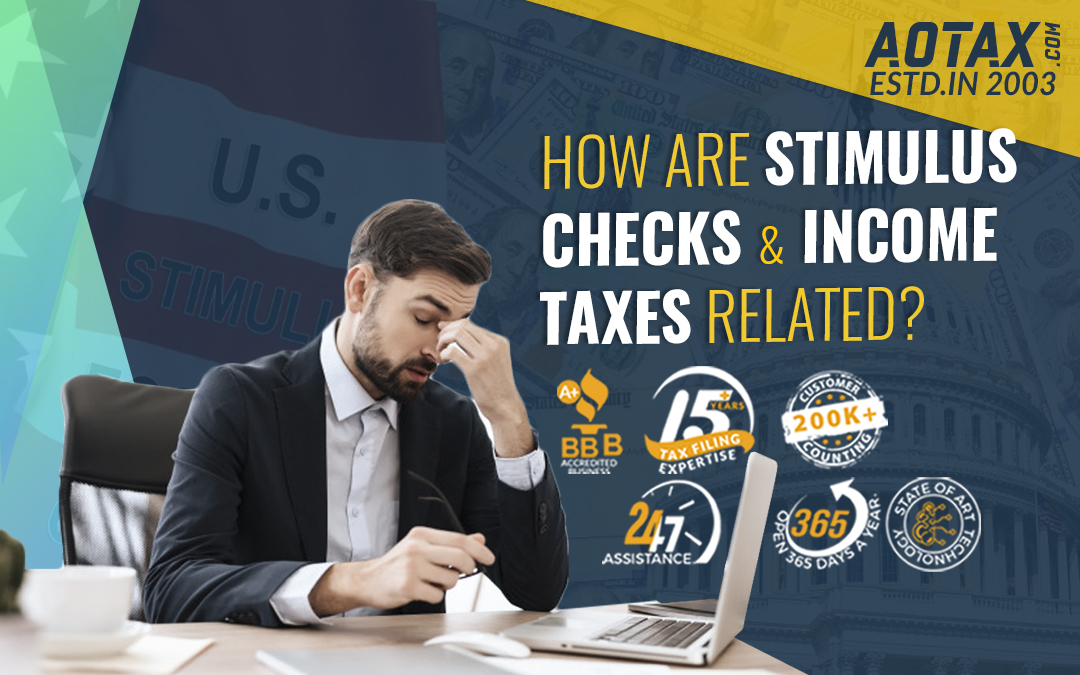
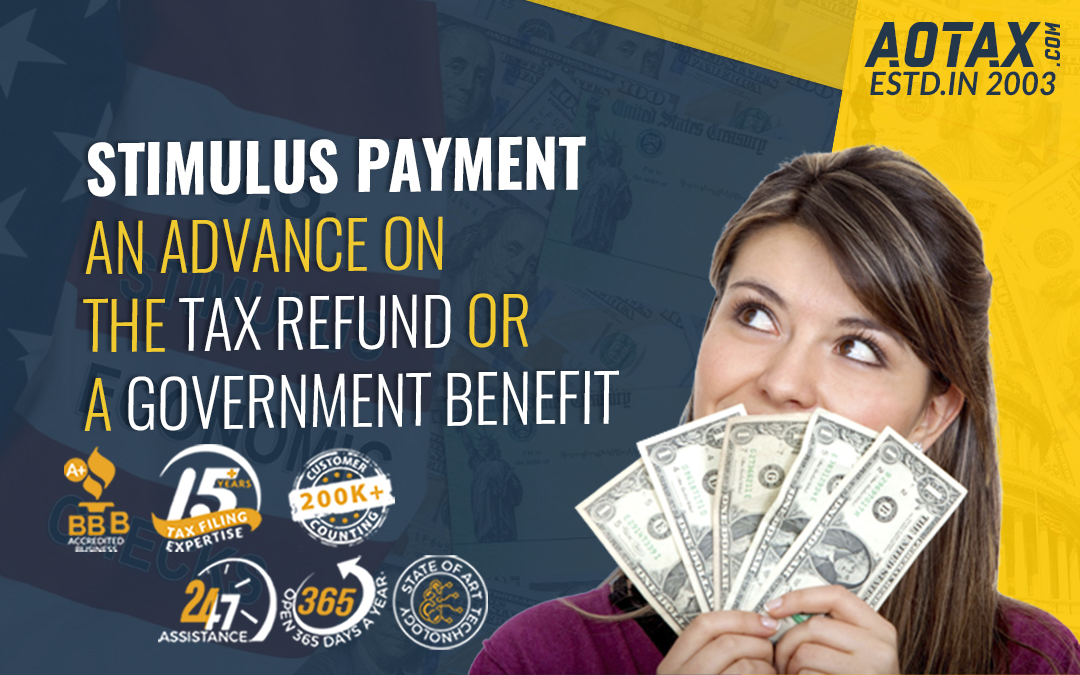

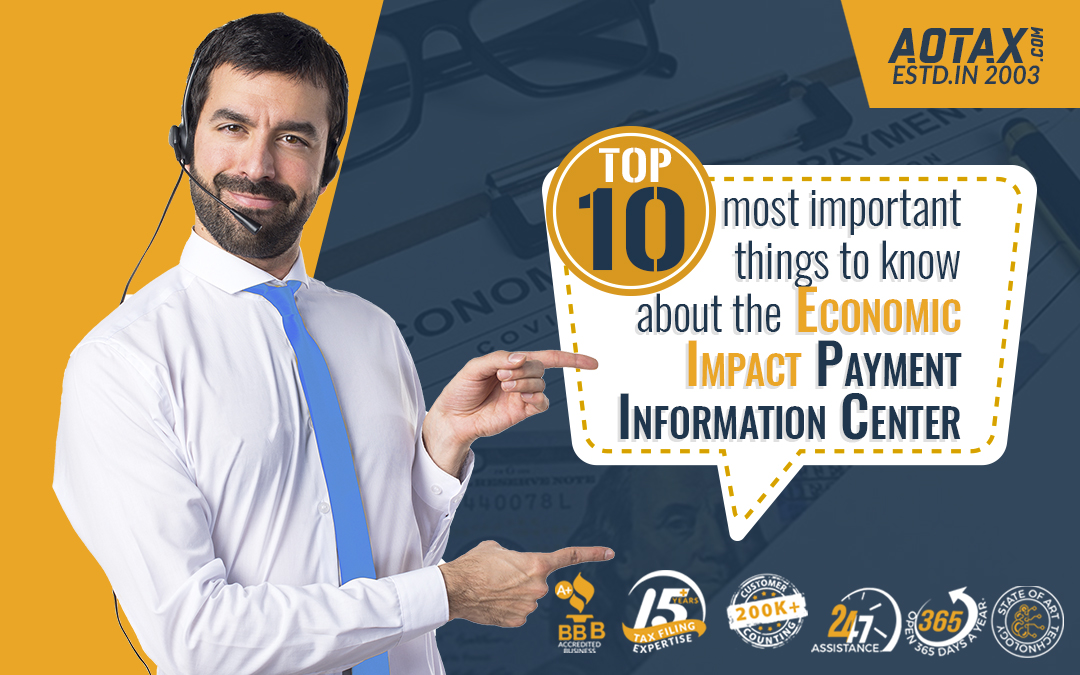
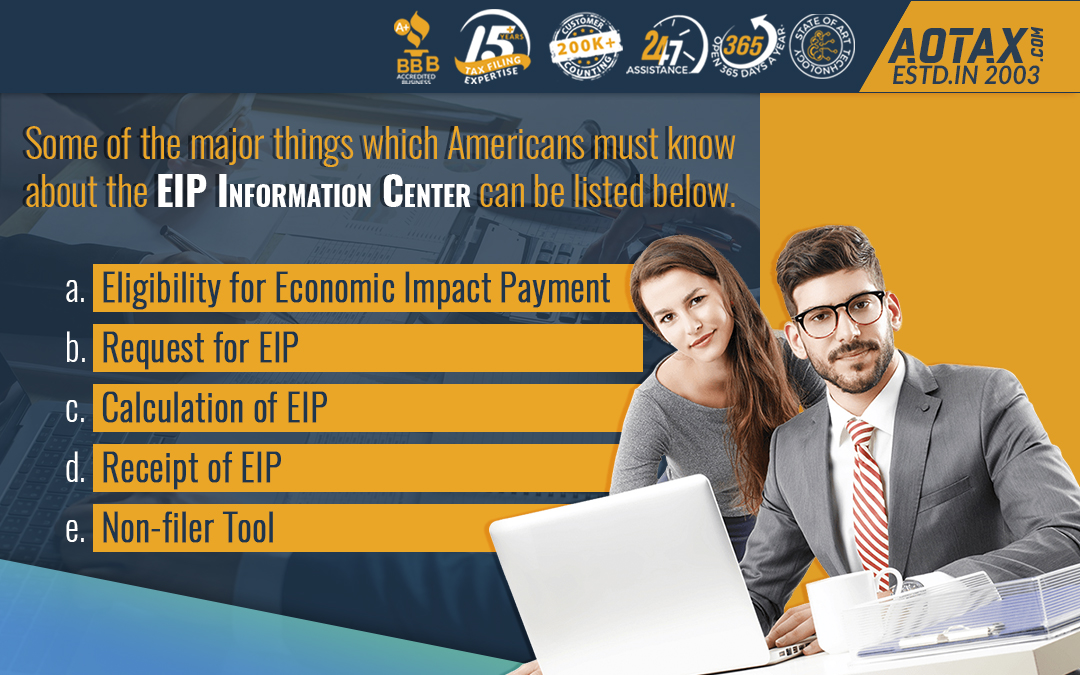
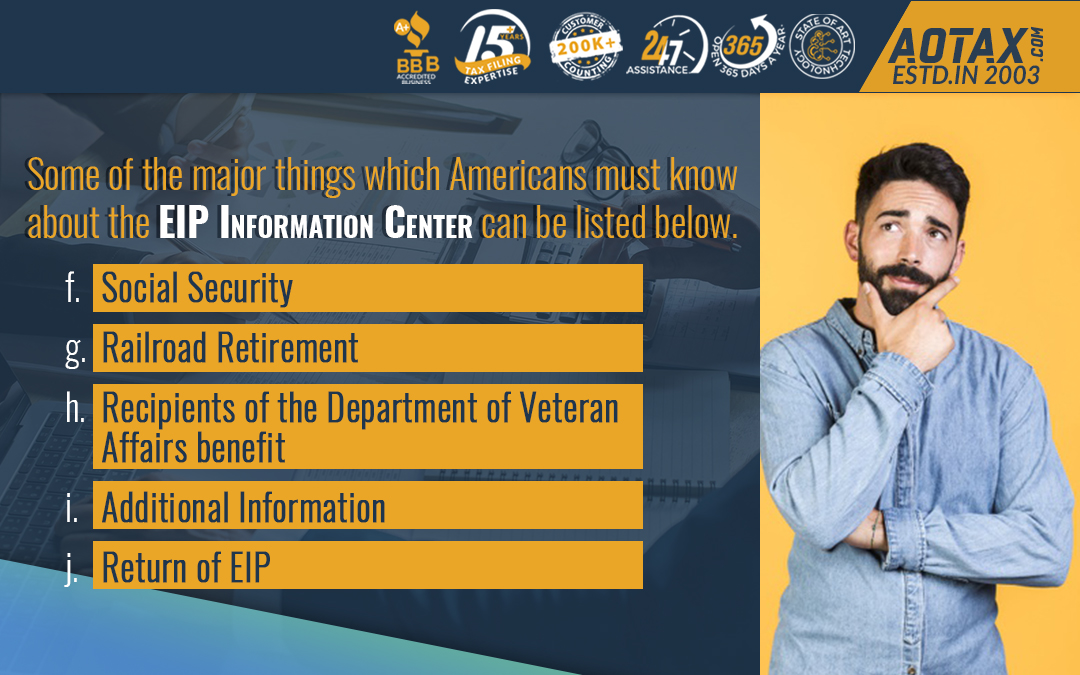
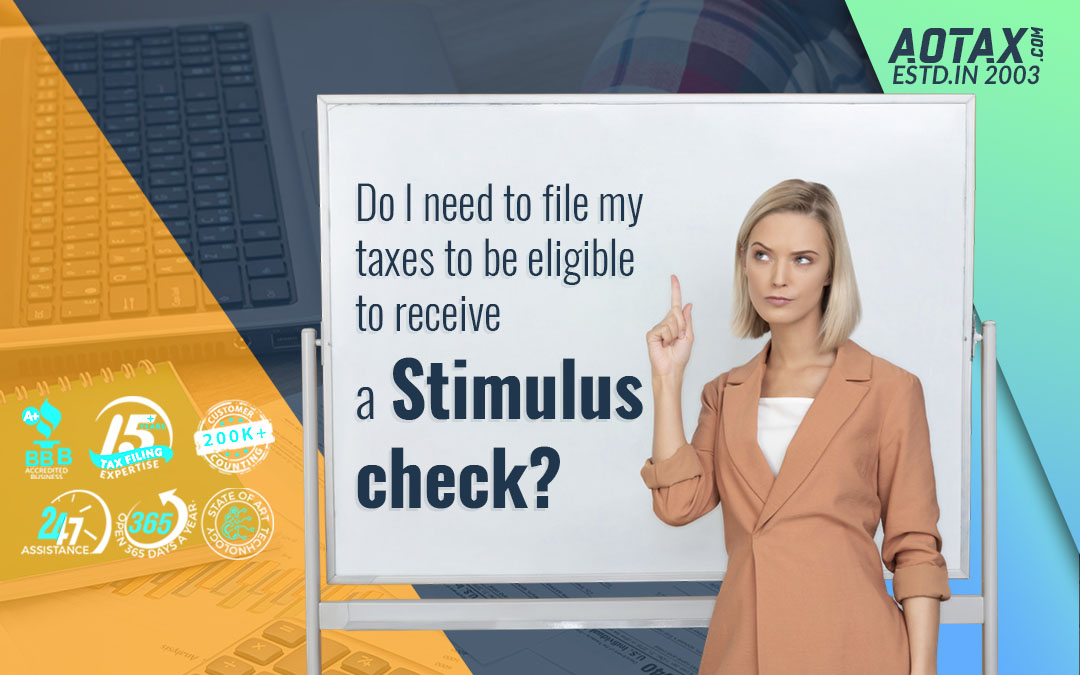

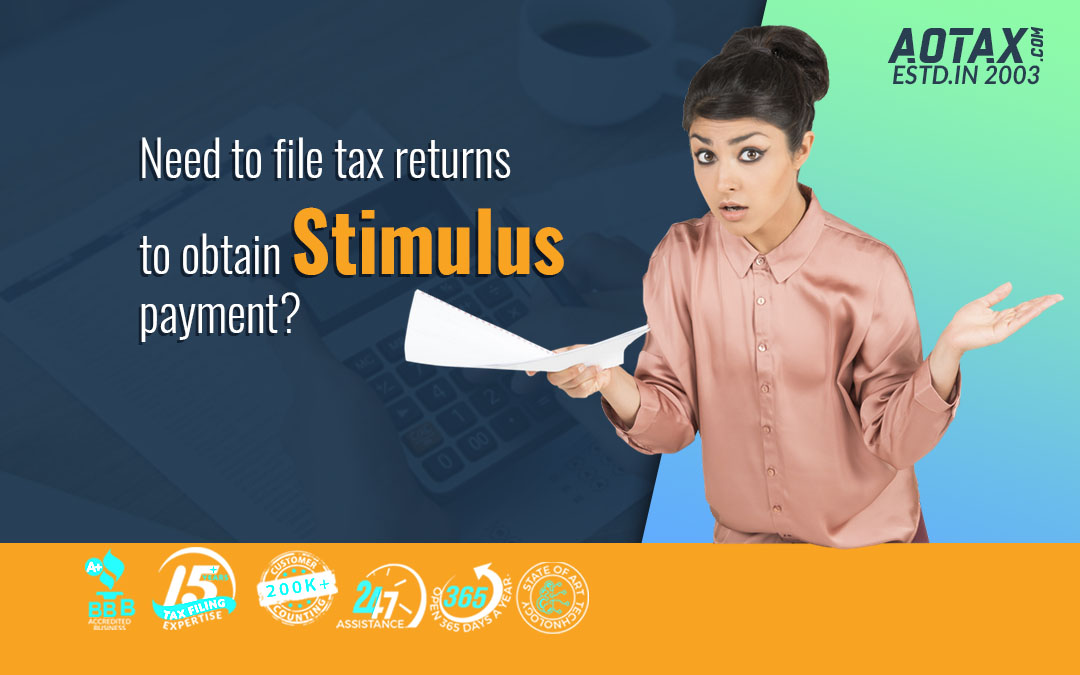


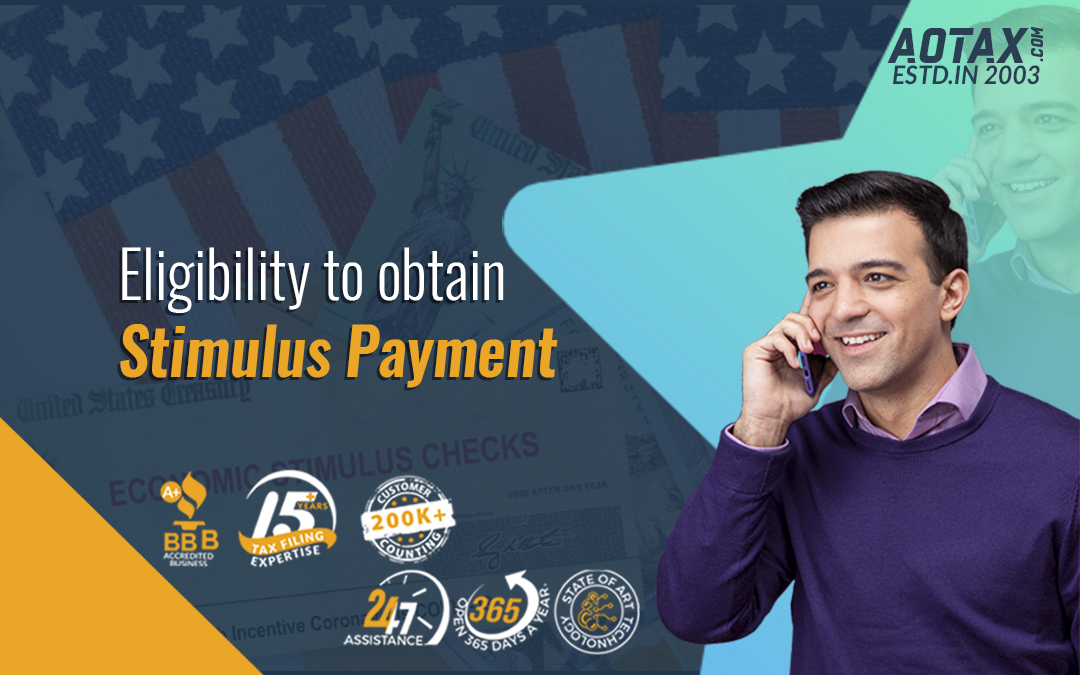

Recent Comments